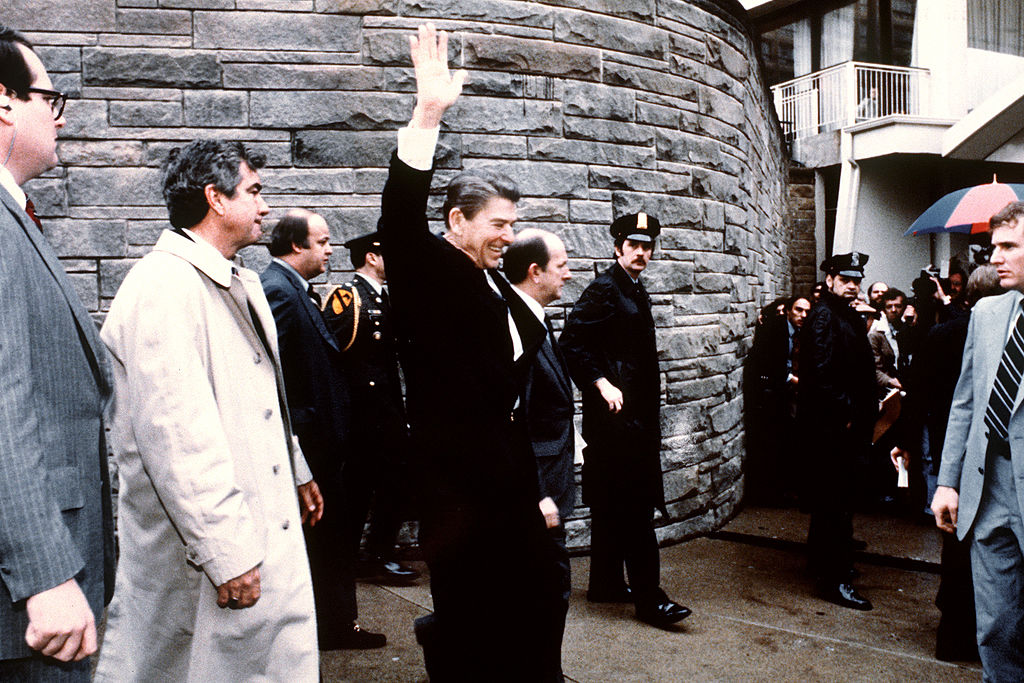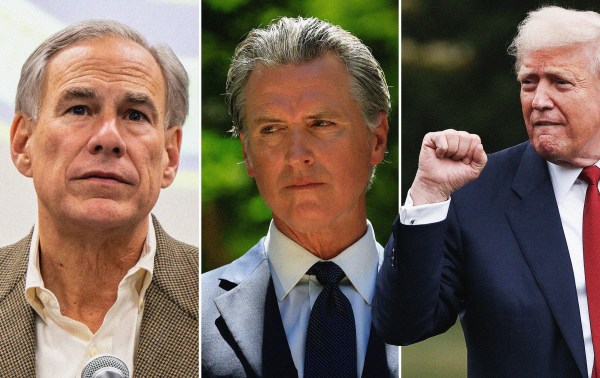In the wake of the attempted assassination of former president Donald Trump, authorities are still trying to determine a motive for the shooter, a 20-year-old man from Bethel Park, Pennsylvania. But the lack of publicly verifiable information about the gunman has not stopped rampant speculation about his political leanings.
In a viral Facebook post, comedian and podcaster Terrence K. Williams asserted that “the Democrats” are responsible for a long line of assassinations and assassination attempts throughout American history, including the killings or attempted killings of civil rights leaders Martin Luther King Jr. and Malcolm X, and former presidents Abraham Lincoln, John F. Kennedy, Theodore Roosevelt, and Ronald Reagan.
Not only is it false to attribute these assassinations to “the Democrats” collectively, each assassin or would-be assassin of these prominent historical figures had his or her own specific motivation.
Lincoln was assassinated by known Confederate sympathizer and slavery supporter John Wilkes Booth, who abhorred Lincoln for his role in the Civil War and the end of slavery in the United States. Booth felt that Lincoln had stripped Southerners of their right to own slaves and assassinated him “in pursuit of a plot to try to assassinate political leaders of the union and maintain the Confederacy and its grip on slavery,” said Allan Lichtman, distinguished professor of history at American University.
Lee Harvey Oswald was killed shortly after he assassinated John F. Kennedy, before authorities could determine his precise motivation. Historians, including Lichtman, have speculated that it has something to do with Oswald’s “sympathy to Communism” and “ties to Cuba and the Soviet Union … but we’ll never know.” Several months before he shot Kennedy, Oswald tried and failed to assassinate former Gen. Edwin Walker, an independent conservative candidate.
King Jr. was shot by a career criminal, James Earl Ray, who had previously proclaimed his admiration for Hitler and volunteered for the presidential campaign of a segregationist. For these reasons, Ray’s motivations were presumed to be race-based. “It definitely appears that he was motivated by racism,” said Keith Miller, professor emeritus at Arizona State University, who studies the civil rights movement. Ray pleaded guilty to the killing on March 10, 1969, but declared his innocence days later, and King’s family came to believe that the FBI might have been involved almost immediately after the assassination.
Thomas Hagan’s assassination of Malcolm X was motivated by his Islamic faith; he was angered by Malcolm X’s public criticism of the Nation of Islam. “Malcolm anticipated being assassinated after his break with the Nation of Islam,” Miller said.
John Schrank, who attempted to assassinate Roosevelt in 1912, was a “very strong Republican progressive,” according to Lichtman—and emotionally unwell. Schrank shot Roosevelt as he was preparing to give a campaign speech—and a folded-up copy of the speech in his coat slowed the bullet. Roosevelt went on to deliver an hour-long speech anyway. A letter found on Schrank after he shot Roosevelt described his motivation as twofold, according to the Theodore Roosevelt Center—his opposition to a third term for Roosevelt and a dream in which former president William McKinley blamed Roosevelt for his own death and encouraged Schrank to seek revenge.
Reagan was shot by John Hinckley Jr., for reasons unrelated to politics. In the years since the incident, Hinckley Jr. has admitted to investigators that he shot Reagan in an attempt to impress actress Jodie Foster, with whom he had become obsessed. “He doesn’t seem to have any direct ties to any political movement or political motivation,” Lichtman said.
Though much is still unknown about the would-be Trump assassin, state public voting records show that he was registered as a Republican. The incident remains under investigation, the FBI said Sunday, with “the investigation to date indicat[ing] the shooter acted alone.”
If you have a claim you would like to see us fact check, please send us an email at factcheck@thedispatch.com. If you would like to suggest a correction to this piece or any other Dispatch article, please email corrections@thedispatch.com.









Please note that we at The Dispatch hold ourselves, our work, and our commenters to a higher standard than other places on the internet. We welcome comments that foster genuine debate or discussion—including comments critical of us or our work—but responses that include ad hominem attacks on fellow Dispatch members or are intended to stoke fear and anger may be moderated.
With your membership, you only have the ability to comment on The Morning Dispatch articles. Consider upgrading to join the conversation everywhere.